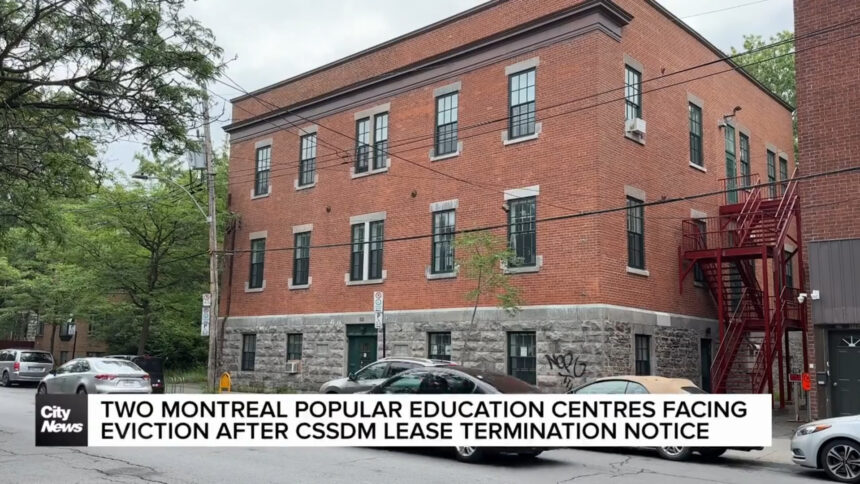As Montreal’s summer heat gives way to fall preparations, a different kind of chill has descended upon the city’s popular education sector. Several vital community education centres across Montreal now face possible eviction in what local advocates are calling a “preventable crisis” stemming from months of overdue rent payments and bureaucratic complications.
Walking through the bustling Côte-des-Neiges neighbourhood last Tuesday, I witnessed firsthand the anxiety etched on faces at the Centre d’éducation populaire, where director Marie Lapointe has been working tirelessly to secure alternative arrangements. “We serve over 400 families weekly with literacy programs, newcomer orientation, and job skills training,” Lapointe explained. “These aren’t luxury services—they’re essential community lifelines.”
According to municipal records obtained by CO24 News, at least six education centres across Montreal have received formal eviction notices effective September 2025, potentially displacing thousands of learners. The centres, which primarily serve low-income and immigrant communities, collectively owe approximately $375,000 in back rent to various landlords.
City councillor Dominique Gagnon acknowledged the severity of the situation at yesterday’s emergency council meeting. “These centres operate on razor-thin margins. When provincial funding was delayed last fiscal quarter, it created a cascading effect we’re now struggling to contain,” Gagnon stated. The funding delays reportedly stemmed from administrative changes within Quebec’s Ministry of Education that temporarily froze disbursements to community organizations.
The potential evictions come at a particularly critical moment for Canada’s adult education landscape. Recent Statistics Canada data shows that participation in community education programs has increased 28% since 2023, with the highest growth among new Canadians and those seeking to upgrade employment skills in response to changing labor markets.
“We’re not just teaching basic skills—we’re building community resilience,” said Ahmed Hassan, who coordinates job readiness programs at the Saint-Henri Education Collective, another centre facing possible displacement. “When someone learns to read here, they’re also connecting with neighbors, finding childcare solutions, accessing mental health resources. You can’t simply relocate these ecosystem services.”
Montreal Mayor Valérie Plante’s office released a statement confirming that city officials are exploring emergency intervention options, including temporary rent subsidies and potential use of municipal spaces. However, the statement stopped short of guaranteeing resolution before the September 2025 deadline.
Community advocates point to similar crises resolved in Toronto and Vancouver through coordinated public-private partnerships. In Toronto’s 2023 education centre crisis, corporate sponsorships bridged the financial gap while long-term funding solutions were developed.
“What’s particularly frustrating is that this isn’t an insurmountable financial problem,” noted Quebec Federation of Community Organizations spokesperson Jean-Philippe Tremblay. “The total amount needed to prevent these evictions represents less than 0.03% of the provincial education budget. This is a question of priorities, not resources.”
As Montreal’s education centres face this uncertain future, the broader question emerges: in a knowledge economy where continuous learning has become essential for economic survival, can we afford to treat community education as optional? When basic literacy and skills development centers disappear from neighborhoods already facing socioeconomic challenges, what happens to our commitments to equal opportunity and social mobility?























